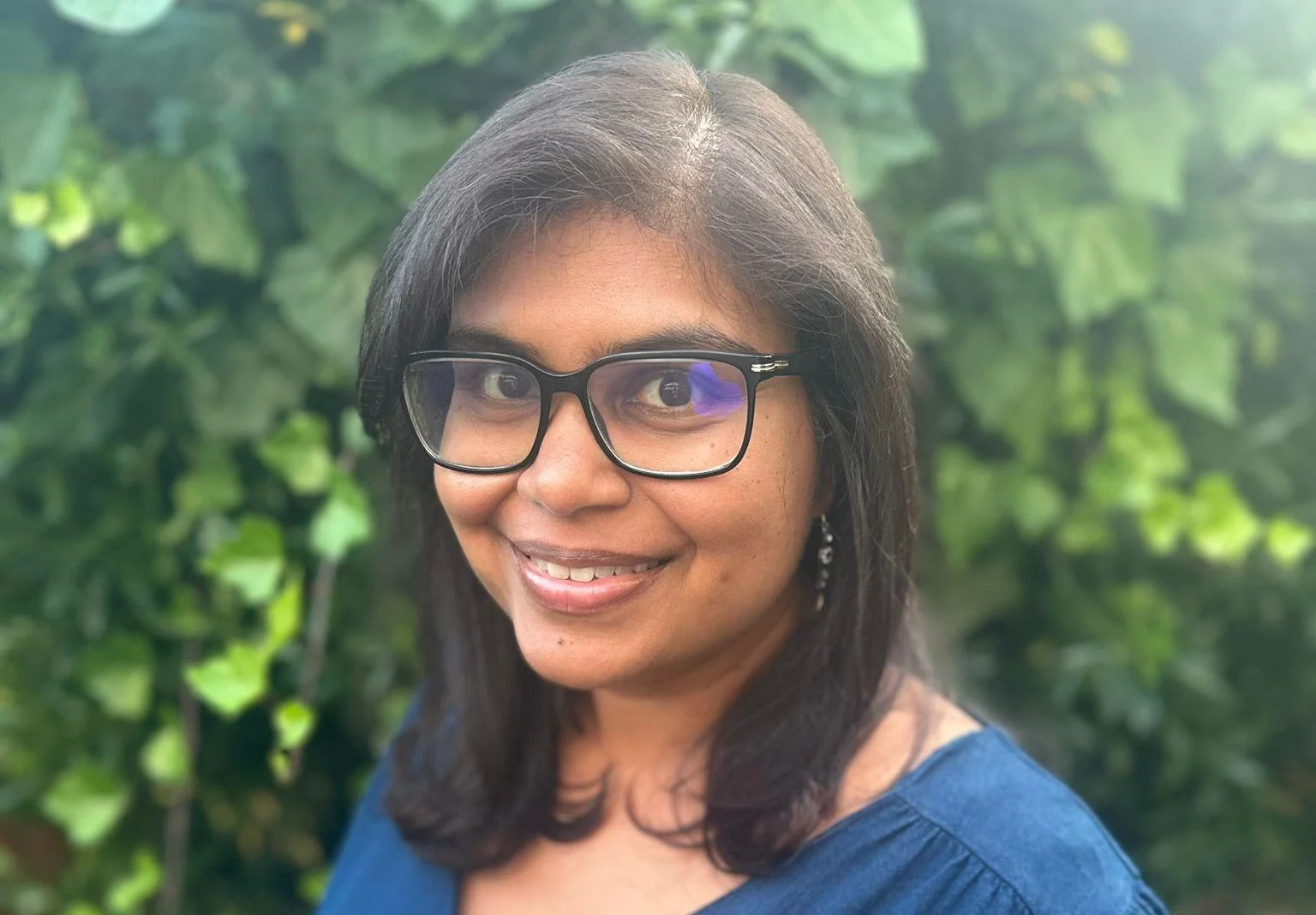Social networks and ideological polarisation: a Q&A with Nilmini Herath
Exploring the impact of social networks on beliefs, behaviours and wellbeing
Nilmini Herath is a PhD candidate in the Department of Economics
I've witnessed first-hand how much people's networks affect their lives, particularly in developing countries . . . . People’s social networks can also undermine or catalyse government and NGO information programmes, depending on who disseminates the information and the overall network structure.

What are you currently researching?
I'm an economist who explores how social networks impact development and political outcomes. My main paper analyses how and when social networks contribute to ideological polarization, especially where people experience attentional biases or manipulations. Other projects investigate efforts to help entry-level workers in South Africa build stronger professional networks and how social networks affect vaccine confidence.
Why did you choose this area of study?
Two reasons. First, I've witnessed first-hand how much people's networks affect their lives, particularly in developing countries. As former head of J-PAL Africa's research vertical, I spent years leading up to my PhD overseeing fieldwork in low-income communities. I saw repeatedly that in these contexts 'who you know' can hugely impact how you navigate the labour market, withstand income volatility, or even what you feed your children. People’s social networks can also undermine or catalyse government and NGO information programmes, depending on who disseminates the information and the overall network structure.
Second, I've always loved graph theory – the mathematics underpinning network science. It hasn't been used heavily in economics until recently, but it's becoming more common as social and economic networks gain attention. It's exciting to be one of the people bringing these techniques into our toolkit.
How will your research have a wider impact on society? Can you give some real-world examples of the impact your research will have?
My African labour markets research is conducted with a South African non-profit organisation that has major political and industry backing. We work together to understand challenges to professional network building in such a divided society and how the work experience programmes they facilitate can better support beneficiaries.
My polarization research interests those running information campaigns on contentious issues like childhood immunization or gender norms. I highlight conditions under which these campaigns can be harmful, possibly inducing 'backlash' effects.
Getting research to have an impact takes effort. Building on my pre-PhD experience advising governments and NGOs on economics research implications, I always produce research outputs in accessible formats and do tailored advisory work with key stakeholders.
What have been the highlights of your research work so far?
I've had amazing travel experiences for fieldwork and conferences. My research often takes me back to South Africa, where I used to live. I love connecting with academics and policymakers there, combining my LSE training with collective local insights to address the country’s pressing challenges and receiving the kind of feedback that only someone with deep contextual knowledge can give you. I've also had wonderful trips to the US, Italy and elsewhere, usually leaving inspired by the brilliant people I've met.
What has been your biggest challenge so far?
I went through a serious confidence crisis in my early PhD years. This wasn't helped by juggling research and teaching around a young child, during a pandemic, while experiencing serious health concerns. It took time, hard work and great PhD supervision to overcome this.
What advice would you give to prospective students on the most effective way to approach research and keep stress levels down?
This is an important question without a one-size-fits-all answer. For me, these things have proven essential:
1. Making time for stress-relieving activities unrelated to research, like my Thursday dance class or seeing friends outside this field.
2. Writing or finding some way to reflect and process so I can recognise when it's getting overwhelming and take action.
3. Building a strong, supportive network of supervisors, advisors and peers in the PhD programme.
4. Cutting through the noise to remember why I'm here by constantly asking 'how do I make my research more useful?' This takes me back to the point of becoming a researcher (for me), and away from stress-inducing chatter about the academic job market or publication.
For any (aspiring) PhD students who have or are considering children, I've written a reflection available on my website or here.
In a few words, what is the best thing about studying at LSE?
Being around really talented people at the top of their game isn't always easy but it's a real privilege. I've learnt so much from our faculty, professional staff and student body about being a better researcher and teacher.
Find out more about Nilmini and her work: https://nilminiherath.com/